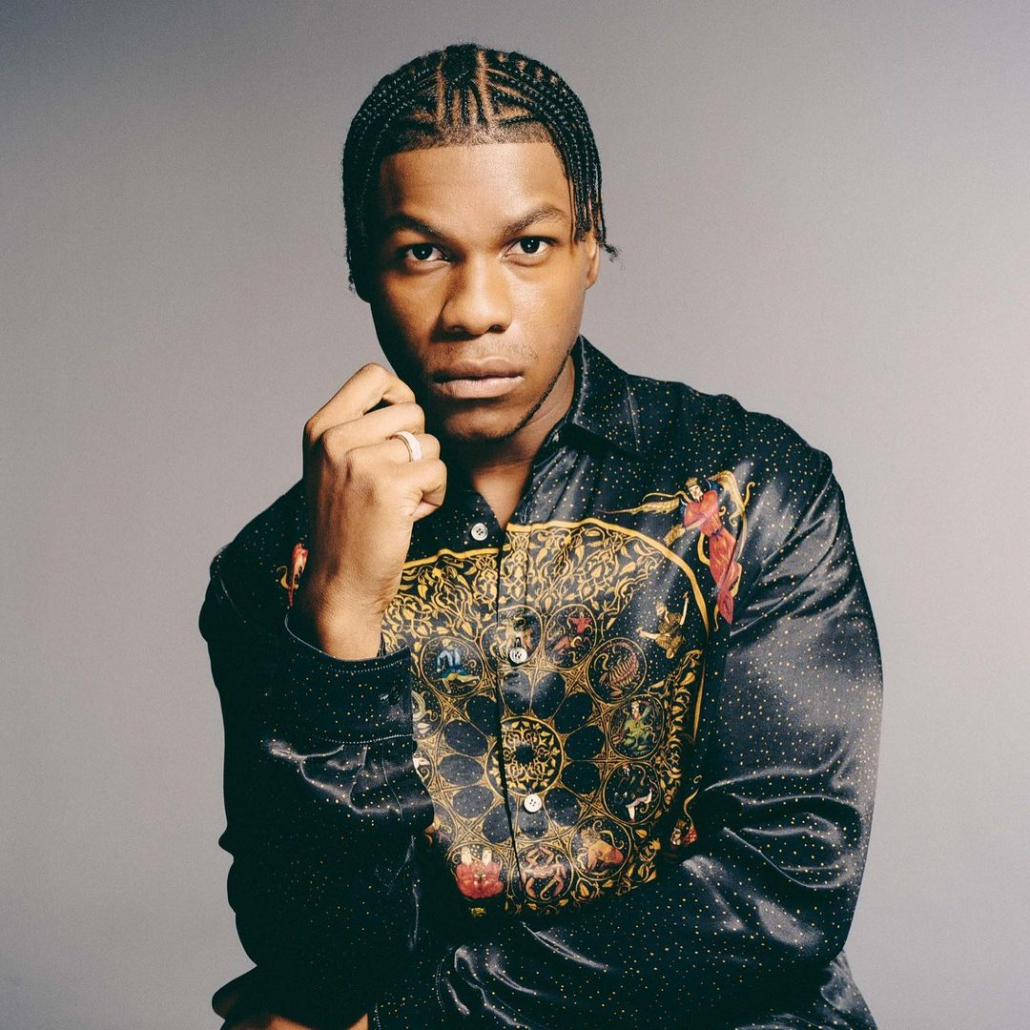Hustle and Fro: Devoted fandoms throw ferocious tantrums

Fandoms scare me… even though I’m part of a few. Most people find themselves part of one whether it be Disney or Star Wars, though what these fan bases have in common is what makes me really uneasy. It isn’t their die-hard supporters, it’s how the casting of Black actors in roles originally written as white (or some fans imagined as white) causes uproar amongst fans.
For some reason, just about every time I’ve seen a Black actor in a traditionally white role, the internet goes crazy — and not in a good way, at all.
Back in 2019, singer and actress, Halle Bailey, was cast as Princess Ariel from the classic Disney film, “The Little Mermaid.” While many fans were excited that a Black woman would be diversifying the role — as well as bringing a killer singing voice — other fans weren’t too happy with the decision. Some fans even went as far as using the hashtag #NotMyAriel, to explain that the character should be white and ginger, not Black.
After the backlash circulated all over the internet, Bailey responded to it, in an interview with Variety, explaining that getting the role is worth more than paying attention to the hate.
“I’m just grateful,” Bailey said. “I don’t pay attention to the negativity. I just feel like this role is something bigger than me.”
Freeform, a cable channel owned by Disney, ended up releasing a statement reminding “Poor, Unfortunate Souls” that Ariel was in fact Danish, Danish people — and mer-folk alike — can be Black, and that the Little Mermaid is fictional.
This isn’t the only case where fans were outraged by the casting of a Black person in a well-loved franchise. This was also true for Finn (John Boyega) in the recent Star Wars films, who before “Star Wars: The Force Awakens” didn’t exist, so there was no racial basis for the character. When the teaser trailer for the film first released in 2014, one of the first glimpses is Boyega as the first Black stormtrooper.
Much like Bailey though, some fans were excited, and others became Twitter trolls who called for the film to be boycotted because of Boyega’s inclusion. In an interview with GQ, five years after the film was released, Boyega described the adverse responses he received and how different they were from his white counterparts.
“Nobody else in the cast had people saying they were going to boycott the movie because [they were in it],” Boyega said. “Nobody else had the uproar and death threats sent to their Instagram DMs and social media, saying, ‘Black this and Black that and you shouldn’t be a Stormtrooper.’”
These two specific instances are among an entirely too long list of negative, and frankly racist, responses to casting choices. This has happened when Zazie Beetz was cast as Domino in “Deadpool 2,” when Anna Diop became Starfire in “Titans,” when Zendaya was M.J. in “Spiderman: Homecoming,” when Amandla Stenberg was Rue in “The Hunger Games” and when Idris Elba was Heimdall in “Thor,” I could go on forever.
The toxicity of fandoms isn’t that surprising though, because these tend to be characters and franchises that white audiences looked up to. But what some don’t realize is that because Black people usually didn’t appear in these spaces, apart from the occasional one character like Princess Tiana or Lando Calrissian, much of the Black community looked up to the white characters too.
It’s said best in this study, conducted by Mel Stanfill, on whiteness and fan studies that, “The whiteness of fandom leads to fans refusing to address race as well as actively foregrounding whiteness,” showing that at times diversity is overlooked by white fans until casting decisions spark unnecessary controversy.
Fandoms are meant to be a community for people who share the same love for these franchises, not a space for anti-Blackness. Rather than being harshly criticized and bullied over social media, Black actors should be celebrated when cast as a character in a fandom that has usually left them out. So to the previously outraged fans out there (who still have the originals to enjoy, by the way), appreciate the newly-found variety in casting and, please, think before you tweet.
Marlize Duncan is a sophomore writing about Black social issues and their intersection in the entertainment industry. Her column, “Hustle and Fro” typically runs every other Thursday.

